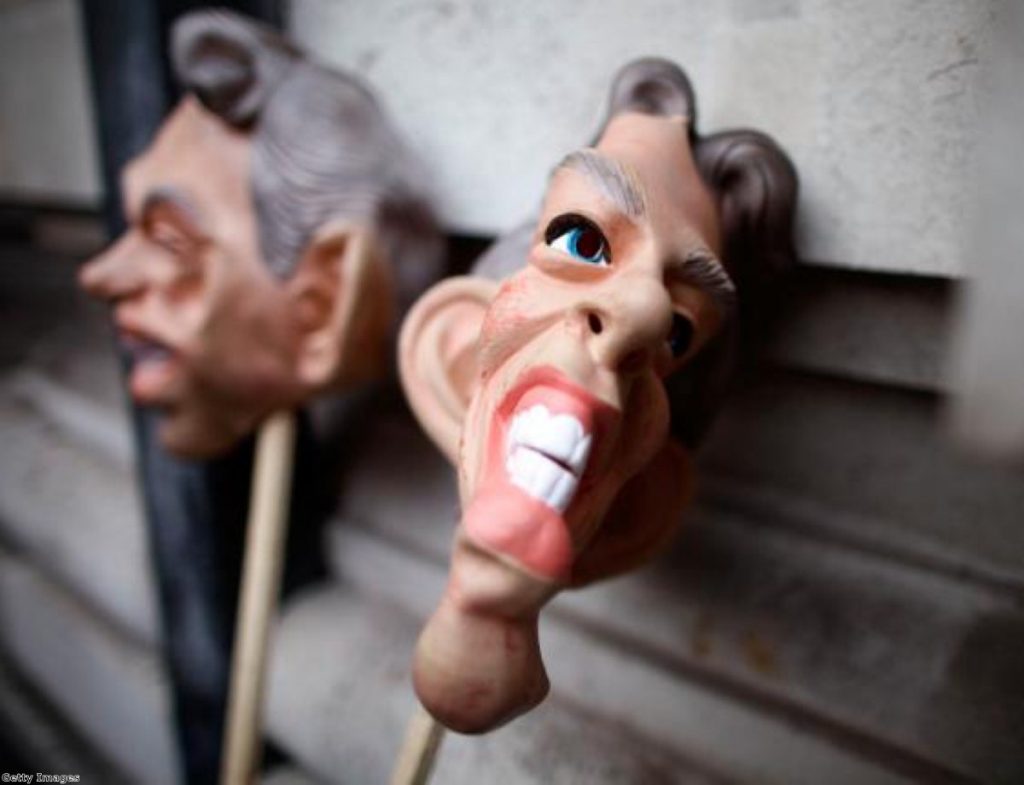Chilcot accused of ‘betraying’ Iraq victims as anger grows over report delay
John Chilcot was accused of "betraying" victims of the Iraq war and putting the military covenant at risk today, as anger grew in Westminster at the delay to the publication of his report.
Speaking during business questions, Tory MP Andrew Murrison demanded an urgent debate on government time about the failure to bring forward the report.
"John Chilcot's failure to publish his report in a timely fashion is a betrayal of the military covenant, a betrayal of those who served in Iraq and in particular a betrayal of those who have suffered as a result of the Iraq war," he added.
Far from lowering the rhetoric, leader of the Commons Chris Grayling poured fuel on the fire by suggesting the inquiry was not living up to the responsibility it had been given.


"There is increasing concern across this House at the amount of time it is taking for this report to be published," he replied.
"It is of course an independent study but I very much hope those involved putting together the report are listening very carefully to the strength of views being expressed in this House.
"The current delay is not what anyone envisaged nor is it in my view the right way to treat an issue of this importance."
The strength of Grayling's rhetoric suggests Downing Street has completely run out of patience with the inquiry.
The leader of the House was later asked if the government had seen any drafts of the report. He suggested it had not, but there was sufficient wriggle-room in the answer to raise eyebrows in the Commons chamber.
"We will wait to receive the report along with everyone else," he replied.
"It’s an independent report, they're submitted to government when they're submitted to government."
Chilcot wrote to the prime minister yesterday saying he could not set a timetable for the publication of the report. Cameron replied that he was "disappointed".
He added: "Since the establishment of the inquiry nearly six years ago, the British public, in particular those who served in Iraq or lost loved ones in the conflict, have been awaiting the results of your work.
"They, and I, had hoped for the publication of your report by now and we are fast losing patience."
Chilcot said his inquiry was in the "Maxwellisation phase" where witnesses respond to a draft of criticism they might face in the final report.









